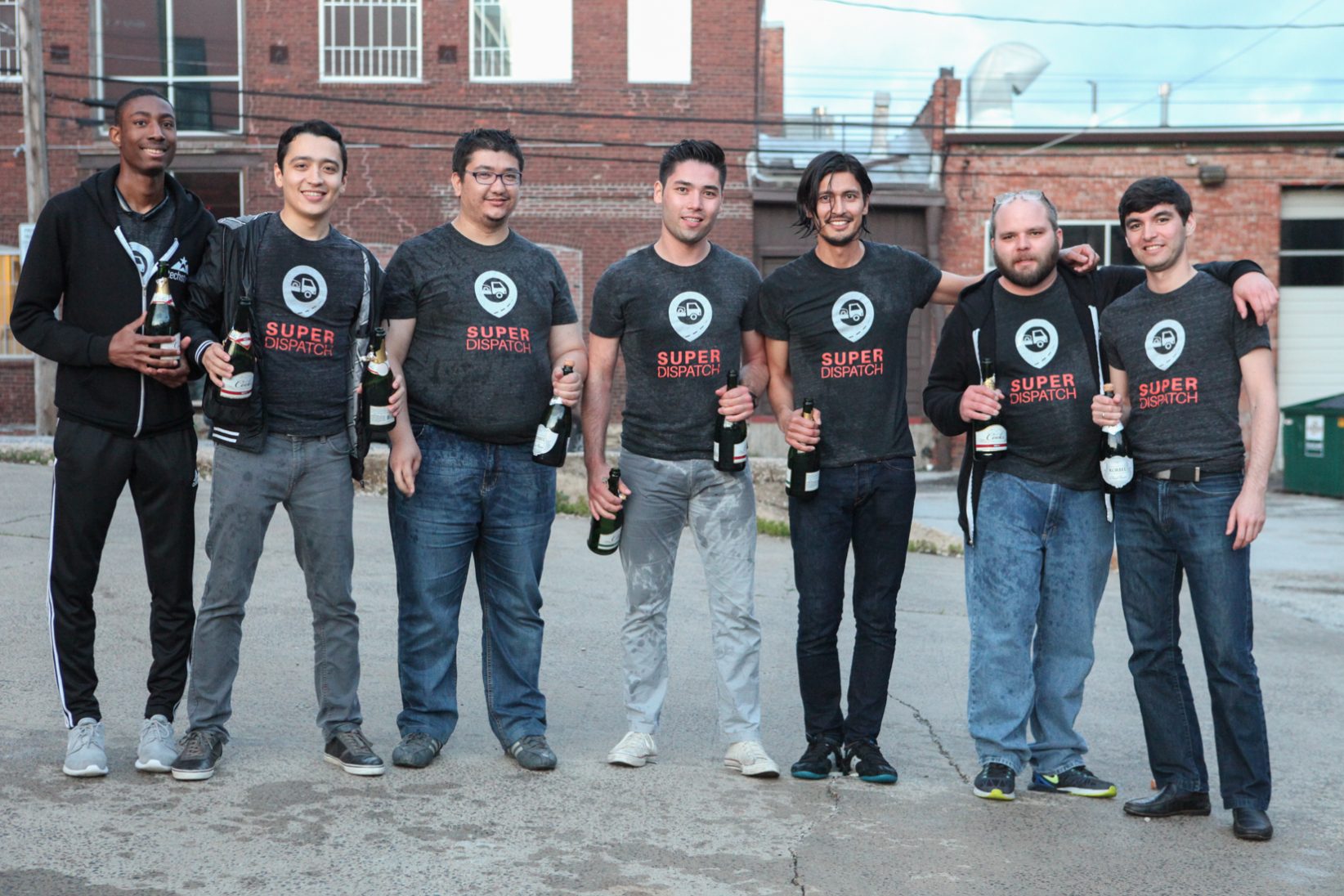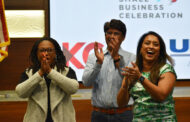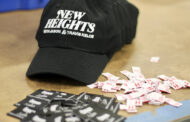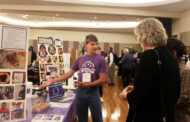Super Dispatch began like every tech startup: with a good idea.
But as founder Bek Abdullayev will tell you, it takes more than that to be successful.
In 2013, Abdullayev founded Super Dispatch, a software-as-a-service platform for the trucking industry intended to eliminate paperwork. Super Dispatch streamlines the communication of documents between truckers and their back offices, protects users against false damage claims and scans VIN barcodes for car haulers via a web- and mobile-based app.
And while that sounds relatively straightforward, without Super Dispatch, trucking companies are left to deal with in mountains of paperwork.
“You know how in cartoons they depict sadness and darkness with a permanent cloud over your head? That’s how it felt walking into a trucking office,” Abdullayev said. “There was paperwork everywhere. I knew there had to be another way.”
He was confident that Super Dispatch’s software could transform the way processes were completed, but still had to prove the value of his idea.
“There’s no ‘hoping’ in entrepreneurship. You know that famous phrase ‘if you build it, they will come?’ It doesn’t exist in entrepreneurship,” Abdullayev said. “You have to ask yourself if you know that for sure, or if that’s an assumption. If it’s an assumption, go out and validate it.”
“You know how in cartoons they depict sadness and darkness with a permanent cloud over your head? That’s how it felt walking into a trucking office.” – Bek Abdullayev
Later on in 2013, Abdullayev participated in a Ewing Marion Kauffman Foundation program called the “Lean Startup Machine.” The workshop — which taught lean startup methodology principles such as developing a minimally-viable product, eliminating uncertainty and validating ideas — was the first of its kind in the Kansas City area.
Before the workshop, Abdullayev was convinced that all truck drivers were dying for a mobile app, however, when he actually talked to them, he found that wasn’t the case. In fact, most truck drivers couldn’t care less.
“I was in denial for six hours,” Abdullayev said. “But then I heard some of them say ‘It ain’t my problem. I send it down and then they have to deal with it’ to which I asked ‘Who’s they?’”
“They” were the company owners and office managers. This is where Abdullayev realized his true pain point: it wasn’t the drivers who were bothered by the paperwork they were required to fill out. It was the people who dealt with the paperwork that he needed to target.
From there, Abdullayev refocused Super Dispatch on this new constituency. The lean principles taught him to work smarter not harder, and Abdullayev began to narrow in on what exactly he wanted to accomplish with Super Dispatch. He said you have to go out and identify who your customers are and what problem you are solving for those customers.
When you become excited about an idea, he said you can become emotionally attached to it. But while you are still experimenting in ideation mode, you have to be realistic.
“This is not very Einstein level,” Abdullayev said. “It’s very basic, just counterintuitive to do. You can’t be everything to everyone.”
That approach has paid dividends, Abdullayev said. The company was accepted into Digital Sandbox KC in 2014, snagging a $25,000 grant. A few years later, in 2016, the Techstars-led Sprint Mobile Accelerator welcomed Super Dispatch to its program, ultimately investing $120,000 into the firm.
Most recently, the firm was selected as one of the 20 finalists in the running for LaunchKC’s $500,000 grant competition. Along with 19 other finalists, Super Dispatch will be presenting at Techweek KC on Sept. 16 to compete for one of 10, $50,000 grants.
Abdullayev said that Super Dispatch is currently seeking strategic partnerships and investment capital. The company is hoping to roll out a new product in 2017 that will experiment with new technology for self-driving cars, artificial intelligence and the Internet of Things.
While excited by the new technology, Abdullayev said he’s ultimately most excited by creating value for his users.
“I’m obsessed because I have seen the pain of my customer base. I know that this industry is, for the most part, stuck in the past, and I see their reactions when I do demos,” Abdullayev said. “They jump off their chairs with weird noises of excitement, and I get goose bumps. We’re not curing cancer, but we’re in a big position to change the marketplace.”





































